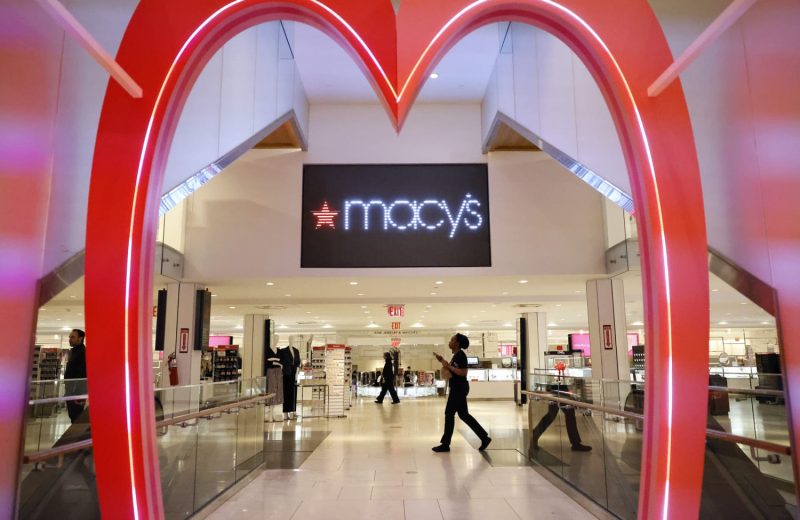In a sweeping transformation, one of America’s most iconic retail giants, Macy’s, is poised to shut down 150 of its stores across the country. The closures mark Macy’s latest efforts of reinvention, taking a daring stride towards a more luxury-oriented business model as it embraces what it hopes will be a ‘bold new chapter’.
Macy’s has been a staple of American shopping landscape for over 160 years and with 512 corporate stores, it’s undeniably an emblem of U.S. retail. The decision to shutter a bulk of its stores is not merely a business adjustment but is seen as the reinvention of the brand itself. The primary cause behind this shift in retail philosophy is to pivot from a long-standing versatile retail model to a more upscale, luxury model.
Looking into the specifics of the planned store closures, to say they are considerable would be an understatement. Approximately 30% of the existing Macy’s stores will cease operations. This will certainly impact the economies of numerous small cities and towns across the nation where Macy’s are often the anchor stores for local malls. The employees working in these stores will also face substantial changes, with many expected to become redundant.
The planned shift is not an aberration, rather it is part of a larger trend we see within the retail sector where businesses are scaling back their brick-and-mortar outlets. The growing influence of online shopping and a change in consumer trends towards more luxurious and niche shopping experiences have played a pivotal role in this transformation. As more customers make the switch to online platforms, coupled with the desire for a personalized and deluxe shopping experience, departmental stores have been feeling the heat for quite some time now.
In light of these challenges, Macy’s is hoping that investing more in luxury-oriented outlets will lure consumers back to its brick-and-mortar stores. The revamped luxury stores will aim to offer a range of high-end, designer clothes and accessories focused on providing an opulent and premium experience.
Additionally, Macy’s is not completely ceding to the growing dominance of online retailing. The company is also investing significantly in building out its online platforms to ensure it remains competitive in the e-commerce arena. Enhanced online shopping functionalities, faster shipping times and a broad portfolio of luxury products will be key facets of Macy’s redefined online presence.
While the move is a radical change from Macy’s traditional operating paradigm, it is a clear sign of the company adapting to the shifting winds of the retail market. The transition is reinforced by the belief that to continue thriving in the retail landscape, businesses must move away from being ‘everything for everyone’ and instead focus on providing unique, high-quality products that cater to a specific section of consumers. With this ‘bold new chapter’, Macy’s hopes not just to survive, but to redefine its legacy on the American retail landscape.
The shutdown of Macy’s stores and the transition towards luxury is a gamble with high stakes. However, it also signifies the company’s ability to adapt and innovate in response to the changing retail landscape. As Macy’s closes its doors on numerous stores nationwide, it simultaneously opens another into a world of luxury retail, where the company hopes to reclaim its reputation as an unrivaled retail powerhouse.




